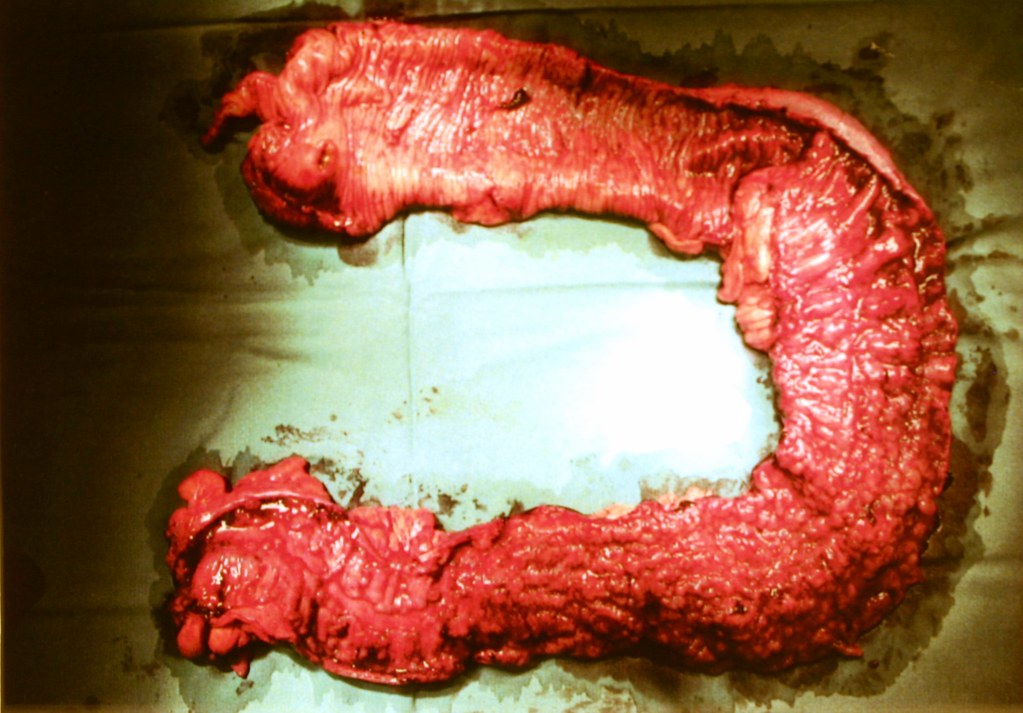Managing ulcerative colitis requires a tailored approach that reduces symptoms, minimizes flare-ups, and supports long-term digestive health. Although this chronic condition affects each person differently, the aim of any ulcerative colitis treatment is to reduce inflammation and improve quality of life. Treatment plans vary depending on the severity of symptoms, overall health, and response to prior therapies. Working closely with a specialist helps identify the most effective approach for each individual.
Medications
Many individuals begin treatment with anti-inflammatory medications designed to calm the lining of the colon. Aminosalicylates, often prescribed as oral tablets or rectal formulations, are used for mild to moderate cases. If symptoms persist or worsen, corticosteroids may be used for short-term relief. These medications help control sudden flare-ups but are not suited for long-term use due to potential side effects. The choice of medication depends on symptom location, intensity, and frequency.
For moderate to severe ulcerative colitis, providers may recommend therapies that suppress the immune system. Immunomodulators help reduce inflammation over time by targeting the body’s immune response. These drugs often take several weeks to become effective, and close monitoring is required. In recent years, biologic therapies have expanded the treatment options. These medications target specific proteins involved in inflammation and are often given by injection or infusion. Biologics can help individuals who do not respond to traditional medications or who experience frequent relapses.
Treatments
Advancements in research have led to new treatment classes that offer more precise targeting of inflammation. Janus kinase (JAK) inhibitors are a newer group of medications taken orally and used in certain moderate to severe cases. These drugs work by blocking specific pathways linked to inflammation and immune system activity. While not the first line of therapy, they can be helpful when other medications are ineffective. As research continues, targeted options may become more accessible and better tailored to individual needs.
While no single diet cures ulcerative colitis, nutritional guidance plays a role in symptom management. During active flare-ups, some individuals benefit from adjusting fiber intake, avoiding certain trigger foods, or eating smaller meals. Nutritional deficiencies can occur due to poor absorption or reduced intake during flare-ups, so regular lab work helps track vitamin and mineral levels. Stress management, hydration, and regular physical activity also support overall well-being and can help reduce the severity of symptoms in some individuals.
In some cases, medications may no longer control symptoms or complications may arise, such as severe bleeding, perforation, or increased cancer risk. At this point, surgery becomes a consideration. The most common surgical option involves removing the colon and rectum, followed by creating a new way for waste to exit the body, either through an ileostomy or a procedure known as a J-pouch. While surgery can eliminate ulcerative colitis entirely, it requires long-term adjustments and follow-up care. A surgical team works with the patient to plan and manage recovery.
Monitoring
Ulcerative colitis treatment does not stop when symptoms are under control. Ongoing monitoring helps catch changes early and adjust treatment if needed. Regular colonoscopies are recommended to screen for complications, especially in those with long-standing disease. Providers also watch for signs of medication side effects or nutritional issues. A long-term care plan includes follow-up visits, periodic imaging or labs, and open communication about symptoms. This approach supports consistent health management even during remission.
Schedule an Ulcerative Colitis Treatment Consultation
Treatment is most effective when guided by a team of specialists. A gastroenterologist typically leads the care plan, while nurses, dietitians, pharmacists, and surgeons may also be involved. This collaboration helps patients access different tools and therapies suited to their condition. Each stage of care, from diagnosis to flare-up management to long-term monitoring, benefits from a team that shares information and works toward shared goals.

Leave a Reply